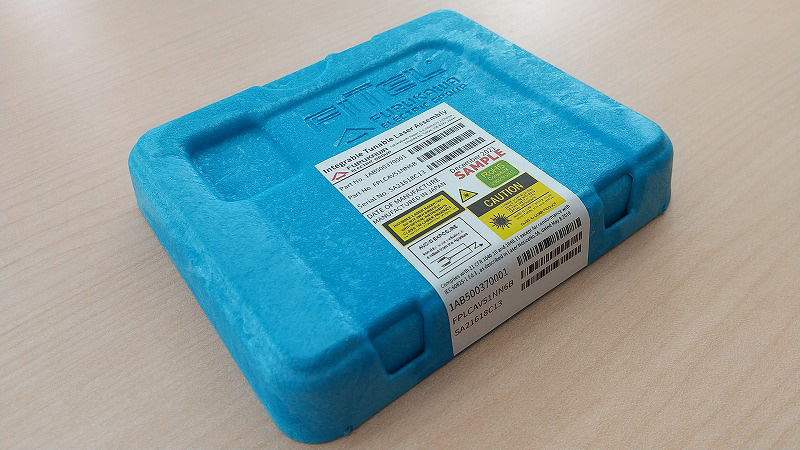Furukawa Electric Group has set forth in its Environmental Vision 2050 the goals of "contribution to realizing a recycling-based society for water & resources" and "contribution to society in harmony with nature," promoting the use of recycled materials across the entire value chain and minimizing impacts on ecosystems.
In order to keep contributing to a resource recycling society, we will strengthen our management of resource cycling and work on more efficient use of resources, while considering the mutual impact of climate change, biodiversity, etc.
Environmental Policy/Medium- to Long-term Vision and Targets
In our Environmental Targets 2030, we have set targets for efficient use of metals and plastics in order to contribute to realizing a recycling-based society for water and resources/contribute to society in harmony with nature. To address the growing issue of marine plastic pollution and other concerns, we revised our Environmental Targets 2030 in FY2021 and established targets for reducing single-use plastic consumption.
Efficient use of metals and plastics
●New material consumption: Reduce by at least 10% compared to FY2020 (per unit of net sales)
●Single-use plastic consumption: Reduce by at least 25% compared to FY2020 (total volume)
We are working to reduce waste generation through initiatives such as sorting and reusing waste plastic scraps and adopting reusable packaging containers. In FY2024, the waste generation per unit of net sales in Japan decreased by 18.2% compared with FY2020.

As activities to make efficient use of metals and plastics, we are increasing the use of recycled materials by, for example, developing products that use 100% of recycled polypropylene and reducing the use of new materials (copper, aluminum, steel, glass, and plastic).
In FY2024, the amount of new metals and plastics used per unit of net sales (Furukawa Electric) was reduced by 34% compared with FY2020.

We are working to reduce the use of single-use plastics, and in FY2024, the amount of single-use plastic consumption decreased by 19% compared with FY2020.
In FITEL Products Division, we developed individual packaging made of biodegradable pulp, which is available for precision instruments, with collaboration with our suppliers. We started switching to use it from plastic packaging and will reduce the amount of single-use plastic disposed of after transportation, thereby promoting effective use of resources and reducing greenhouse gas emissions during disposal.

We are working to reduce the total amount of plastic waste generated by enhancing waste sorting and promoting reuse.
In FY2024, the total amount of plastic waste generated by Furukawa Electric was 4,124 tons. The waste generation per unit of net sales (waste per net sales) increased by 15% compared with FY2020. Meanwhile, the total amount of plastic waste generated in Japan (Furukawa Electric and domestic group companies) was 7,235 tons, with the waste generation per unit of net sales decreasing by 23% compared with FY2020.

Furukawa Electric Group is advancing technology development to realize a circular economy while promoting business activities through partnerships both within and outside the company.
Leveraging the Group’s strengths in "metal" and "polymer" technologies, we are engaged in research and development of technologies that enable the recycling and conservation of metals and resins (plastics). Starting in FY2025, we established the Circular Economy Design Center within the R&D Division to further advance these research and development efforts.
Furukawa Electric Group aims to realize a circular economy by building a robust ecosystem through the integration of technologies and resources with external partners, promoting business activities to achieve this goal.
Furukawa Electric Group develops and sells products using recycled copper and resins (plastics). These products are registered as environmentally friendly products of Furukawa Electric Group, with some products obtaining external environmental performance certifications.
Our Efforts on the Products/ Environmentally Friendly Product
Furukawa Electric Ecotec Co., Ltd. (FETEC), a Furukawa Electric Group company, operates a recycling business that sorts and reuses waste electric wires and optical cables into metals and plastics.
Utilizing a proprietary collection system, FETEC achieves a near-100% recycling rate for conductive materials such as copper, while also reusing coating materials as recycled plastics for wire coverings, advancing a highly efficient resource recycling system. Additionally, FETEC is actively engaged in developing technologies to improve material sorting accuracy and expand the applications of recycled resources. Furthermore, residues generated during the recycling process are not sent to landfills but are effectively utilized as alternative energy sources or raw materials for steel production, contributing to CO₂ emission reductions.
Through these initiatives, Furukawa Electric Group aims to achieve "zero emissions" for electric wire and cable waste, continuously striving to build a sustainable resource recycling society.
Furukawa Electric Ecotec Co., Ltd. Website (only available in Japanese)![]()
ESG Data (Waste Reduction and Resource Recycling)